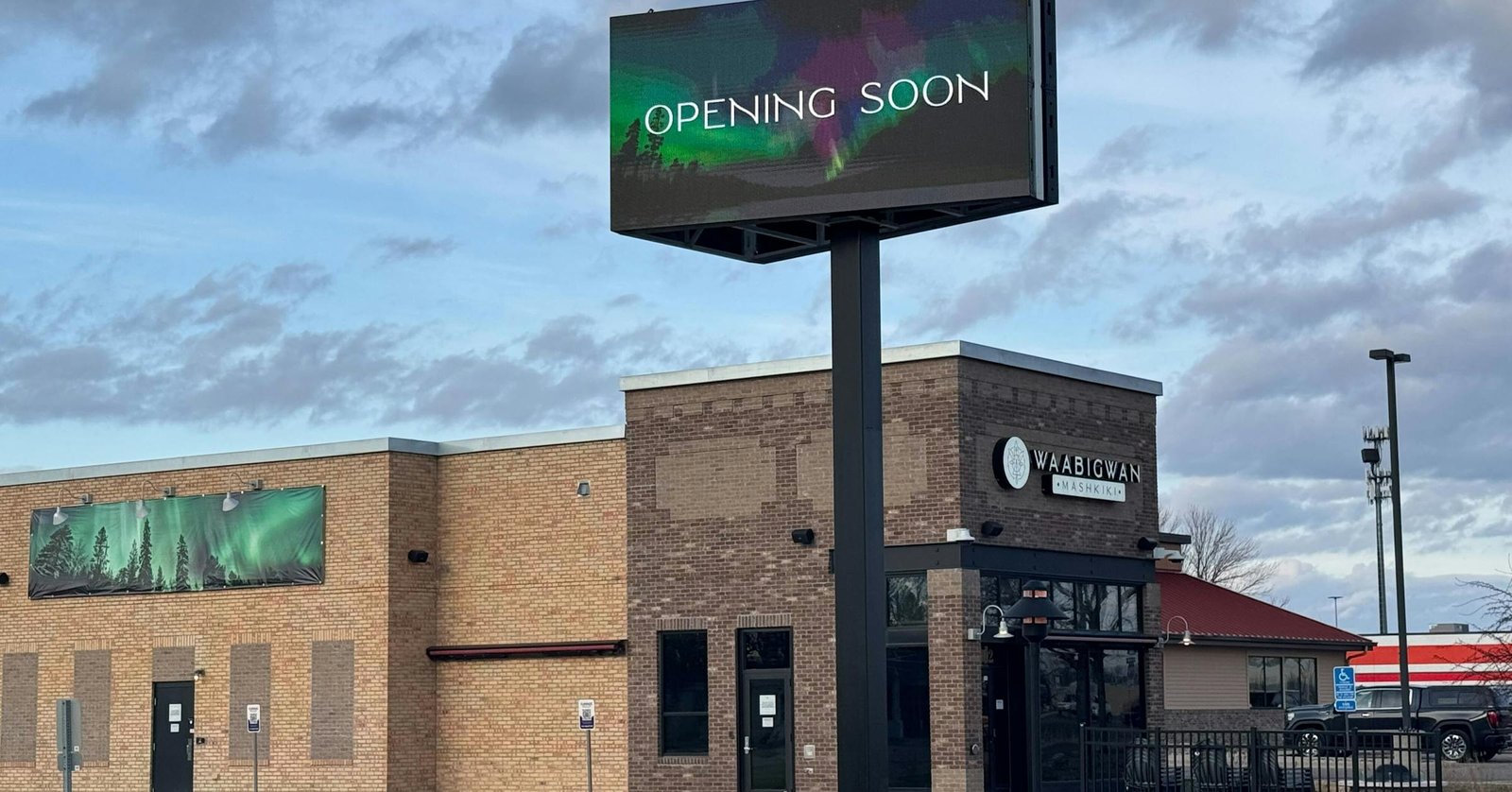The White Earth Band of Chippewa has received approval from Governor Tim Walz to establish up to eight recreational cannabis dispensaries outside of its reservation. This agreement marks a significant development in Minnesota’s cannabis landscape, as White Earth becomes the first tribal nation in the state to operate such businesses off tribal land.
The compact, signed on Tuesday, allows White Earth to open dispensaries in various locations across Minnesota, with the first store set to launch this weekend in Moorhead, located in the former JL Beers restaurant. The tribe’s cannabis business, Waabigwan Mashkiki, has been preparing for this moment and plans to open additional locations in St. Cloud and potentially expand to Mankato and Rochester.
Eric Taubel, interim director of Minnesota’s Office of Cannabis Management, described the agreement as a pioneering approach to cannabis regulation. Under the compact, the state will oversee regulatory compliance while allowing the tribe to self-regulate its off-reservation cannabis operations. Each city may host only one dispensary, while a maximum of three dispensaries can operate per county, ensuring geographic diversity among store locations.
Taubel emphasized that while White Earth can manage its cannabis sales, the state retains the right to conduct annual inspections. If safety concerns arise, the state can impose further inspections or embargo products. The agreement also permits White Earth to establish cultivation and manufacturing facilities off the reservation, as well as wholesale and delivery services.
In addition to operating dispensaries, the White Earth Band will collect local and state sales taxes, including a 10% state tax on cannabis gross receipts. The tribe may also negotiate a revenue-sharing agreement with the state in the future.
While the compact provides a framework for White Earth, it’s important to note that local cannabis ordinances do not apply to tribally owned businesses, although compliance with other local regulations is required. All cannabis products sold off reservation must meet state labeling and testing standards.
Currently, about five of Minnesota’s eleven tribal nations are actively negotiating similar compacts with the state. Taubel anticipates that more agreements could be finalized in the coming weeks, potentially leading to over 80 tribally licensed cannabis dispensaries opening outside reservations in Minnesota. However, he cautioned that most tribes may only establish three to four stores in the next two years due to the costs associated with launching new businesses.
Zach Wilson, CEO of Waabigwan Mashkiki, expressed excitement about the opening, noting that the Moorhead location will offer cannabis flower and beverages immediately, with edible gummies and vape cartridges available in the following weeks after testing. The tribe aims to maximize the number of dispensaries allowed under the compact, with hopes of opening a store in St. Cloud by mid-June.
Wilson stated, “We are proud to be part of something historic that sets a precedent for tribal nations across the country.” This development not only positions the White Earth Band as a leader in the cannabis industry but also highlights the evolving regulatory landscape for cannabis in Minnesota.




